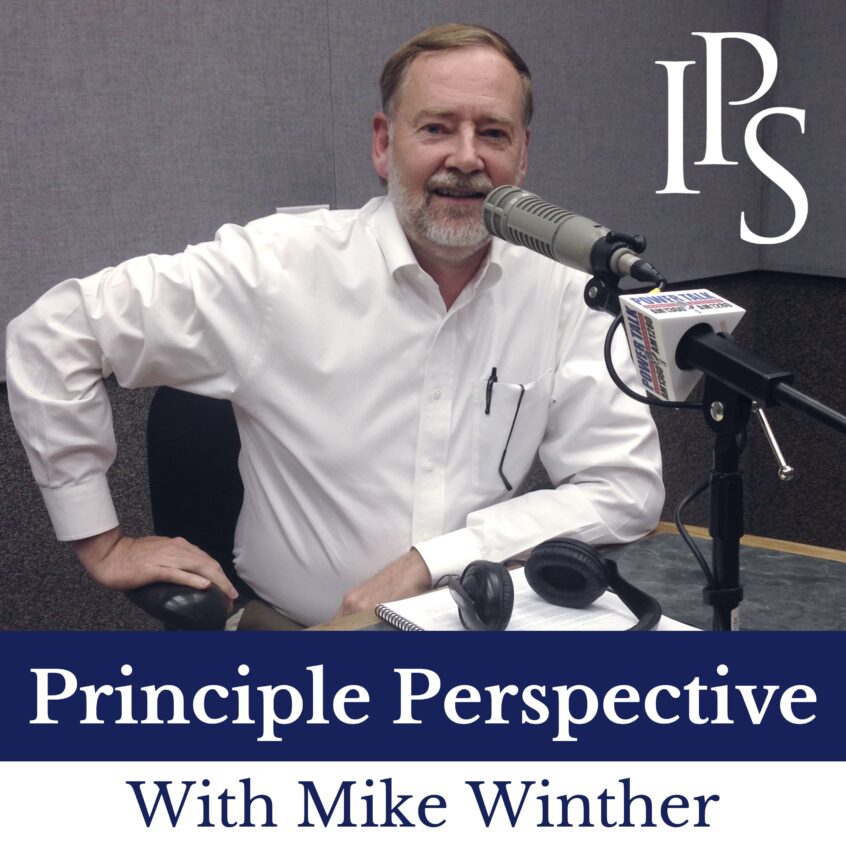LISTEN NOW
Mike Winther talks about laying the groundwork to address poverty. He starts off with mindset perspectives of the God ordained institutions of charity, government, church, and family. He covers the difference between principle and practically and how it affects decisions.
Practical considerations should be taken into account after we are sure none of God’s principles are being violated. Mike shares evidence behind how having full knowledge and following principles will also lead to practical benefits. These sound principle based decisions can lead to poverty reduction.
You’ll Learn:
- [00:57] The difference between principle and practicality. We know that the process can have a huge effect on the outcome.
- [01:59] We can make decisions based on pragmatics or take the principled approach.
- [03:22] The principled approach is asking what the underlying principle is behind a decision.
- [06:33] Practical decision making should be secondary to principal decision making. One of the most important principles of decision-making should be whether it violates God’s word or not.
- [10:43] How people tend to look for facts that will support their desired outcome.
- [13:01] Security and poverty are the pawns in the chess game of how much government we have. We need to be aware of this political perspective of using people as pawns and playing with their lives.
- [14:11] A strategy for big government would be to go to the media and convince Americans that they aren’t secure enough or focus on the plight of the poor.
- [16:57] There are four governments discussed in God’s word. The individual government or we are told to govern ourselves. The three other governments are collectives. They include family government, church government, and civil government.
- [23:21] Sometimes the best way to deal with an issue is to allow natural consequences to take effect. Not every problem needs a solution. Question #1. Do we need to take action? Which institution should take action? Is there a principle violated?
- [25:18] Biblical principles for charity. What the government should and should not do.
- [29:10] God’s word has a lot to say about the proper role of civil government. We need to look for it.
- [30:11] The civil government should execute the judicial role, national defense, and punishment of crimes against personal property.
- [36:17] There’s a line of things that are proper for the government to do and things that are improper for the government to do.
- [37:17] We need to look for God’s patterns. How to question whether something is the proper role of government.
- [39:34] The argument of restitution as opposed to imprisonment.
- [40:27] What God’s word says about charity. Who should get charity? Who should get it? Deuteronomy chapter 10:17.
- [42:00] Deuteronomy 14:8. Every third year there’s a tithe for the widow, orphan, Levite, the alien. Charity is done voluntarily.
- [50:01] Ezekiel 16:49. The primary sin they laid upon Sodom and Gomorrah was that they were wealthy and didn’t take care of the poor.
- [50:54] We have an obligation to take care of the poor. Families and churches are the primary institutions for charity. God is glorified when the church gives aid to the needy.

